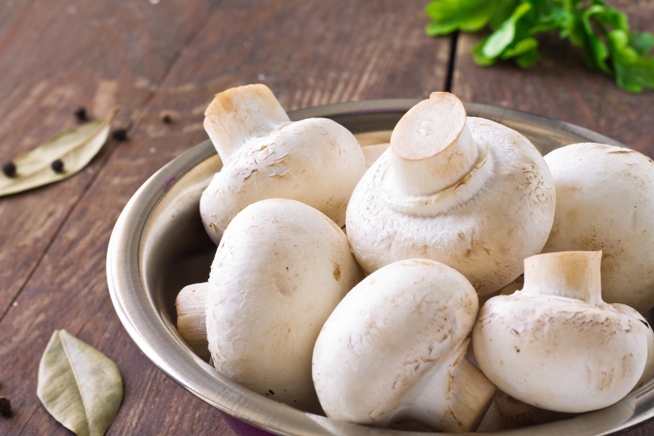The ongoing monsoon season is definitely a respite from the hot summer. However, the damp and humid weather might also give an invitation to all the infections. It is so because this season makes us more vulnerable to diseases and bacteria, thereby lowering our immunity. Hence, it is of utmost importance to consume healthy and safe foods during this season, and mushrooms might not be a good choice during the monsoon season.
Here is why mushrooms should be avoided in monsoon?
Health Shots spoke to Rashi Chahal, a renowned nutritionist, about how safe it is to eat mushrooms in monsoon. She says that in order to keep fit and healthy during the monsoons, you need to adhere to a nutritious diet and practice good hygiene around the house. While mushroom is one vegetable that can be used in a number of dishes, it should be avoided in the monsoon season since they grow in very damp soil and a lot of bacteria can be found on it.
“The main reason why we should say no to mushrooms in monsoon is that during the rainy season, they produce a lot of spores and create more moles so that they can reproduce more during the rainy season. These spores can be a source of allergy to a lot of people,” Chahal says.
However, let’s not forget that mushrooms, otherwise, have a lot of health benefits too.

Also, read: An active compound in magic mushroom might just be as effective as an antidepressant
What are the benefits of adding mushrooms to your diet?
If you keep aside the need to limit the usage of mushroom in the monsoon season, it is extremely beneficial to incorporate this veggie in your diet. It is regarded as a vegetable with a moderately good amount of protein, low carbohydrate, and excellent nutritional value. It contains vitamin B which is a good source of nutrition, especially during the monsoon season, when our resistance to illness is at its lowest. Vitamin B also helps us regulate our immune systems and aids in battling external infections and germs, especially during this season.
Mushrooms also ensure blood circulation so that your body and brain stays active because of enough oxygen and iron supply to it. “But, be careful that it is bacteria and germ free, especially during the rainy season,” Chahal urges.

Other food items to be avoided during monsoon
- One should avoid roadside food and juices. This is because contaminated water might have been used to make them, thus making us prone to infections.
- Pakoras should be avoided even though they make the perfect tea time snack complimented with the rains. This is so because they are oily and deep fried, and during monsoon, our digestive capacity is already at its low.
- Make sure you eat home-cooked meals since it removes any chance of food contamination.
- Wash fruits and vegetables thoroughly before consumption.
Just be careful during the monsoon season, and you are good to go!


